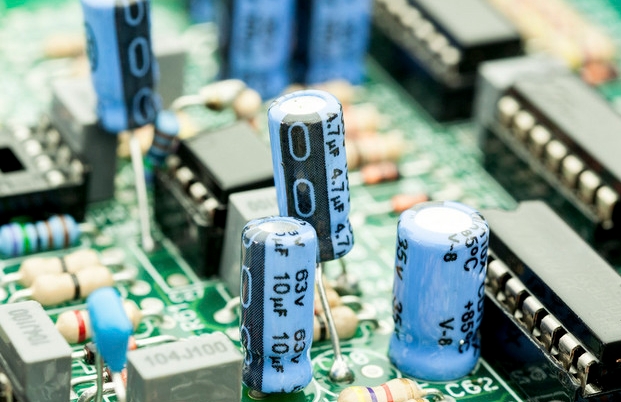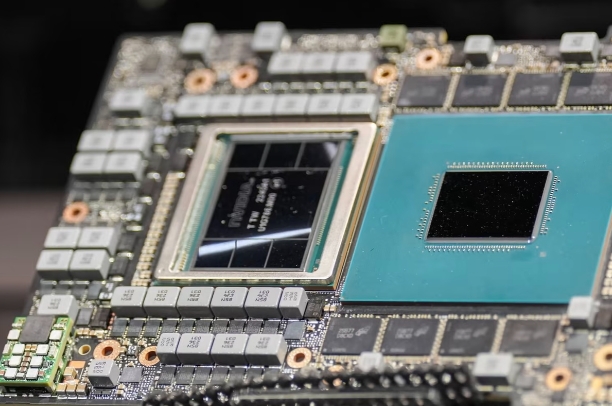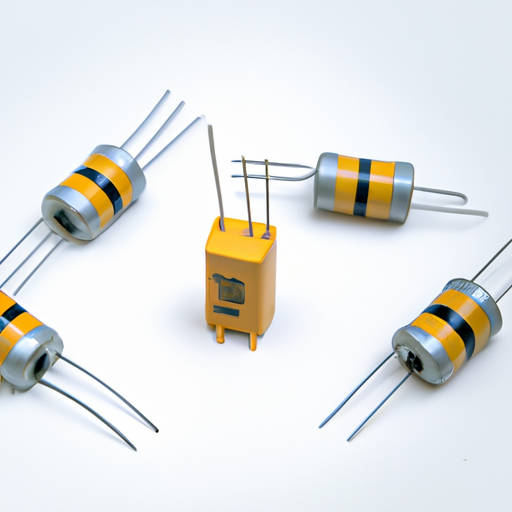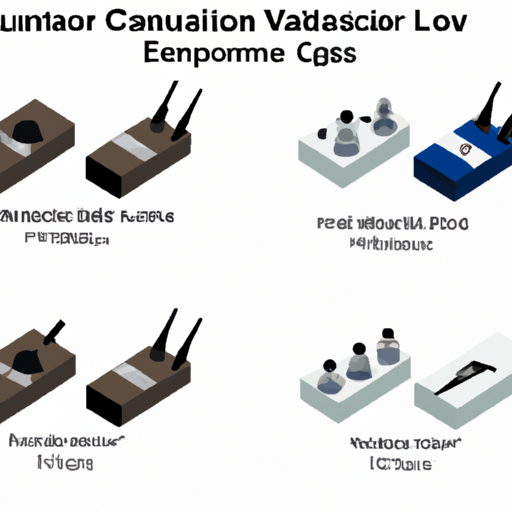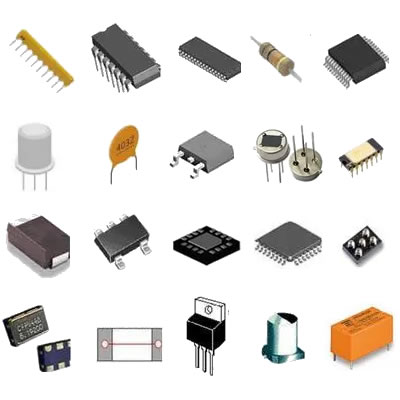What is the current situation of the resistor recycling industry?
Resistors are common electronic components used to limit current, reduce voltage, or divide voltage in circuits. With the popularity and constant upgrading of electronic products, the demand for resistors is also increasing. However, with the increase of electronic waste, the resistor recycling industry is gradually emerging.

The development of the resistor recycling industry is influenced by various factors. Firstly, there are many types of resistors, including fixed resistors, variable resistors, potentiometers, etc., and different types of resistors have different difficulties and technical requirements in the recycling process. Secondly, the recycling cost of resistors is high, requiring professional equipment and technical support, and the recycled resistors need to be classified, tested, and cleaned, increasing the recycling cost and difficulty.
In addition, the resistor recycling industry also faces problems such as insufficient market demand, incomplete policies and regulations, and low technological level. Due to the long lifespan of resistors and their general resistance to damage, the quantity of used resistors in the market is relatively small, and the demand for recycling and reuse is not very high. Furthermore, the current policies for recycling and reusing electronic waste in China are not perfect, lacking relevant norms and standards, which brings certain difficulties to the development of the resistor recycling industry.
However, with the increasing environmental awareness and the growing importance of resource recycling and reuse, the future prospects of the resistor recycling industry are still promising. In the future, with continuous technological advancements and gradual policy improvements, the resistor recycling industry is expected to encounter better development opportunities. By strengthening technological research and development, improving recycling efficiency, reducing costs, expanding market channels, enhancing policy support, and other measures, the healthy development of the resistor recycling industry can be promoted.
In summary, the resistor recycling industry is currently in its early stages, facing some difficulties and challenges, but also opportunities and potential for development. In the future, with the continuous development of the economy and the increasing environmental awareness, the resistor recycling industry is expected to have better prospects, making greater contributions to promoting resource recycling and environmental protection. It is hoped that relevant departments and enterprises can work together to promote the healthy development of the resistor recycling industry and achieve the goal of resource recycling and sustainable development.
Resistors are common electronic components used to limit current, reduce voltage, or divide voltage in circuits. With the popularity and constant upgrading of electronic products, the demand for resistors is also increasing. However, with the increase of electronic waste, the resistor recycling industry is gradually emerging.

The development of the resistor recycling industry is influenced by various factors. Firstly, there are many types of resistors, including fixed resistors, variable resistors, potentiometers, etc., and different types of resistors have different difficulties and technical requirements in the recycling process. Secondly, the recycling cost of resistors is high, requiring professional equipment and technical support, and the recycled resistors need to be classified, tested, and cleaned, increasing the recycling cost and difficulty.
In addition, the resistor recycling industry also faces problems such as insufficient market demand, incomplete policies and regulations, and low technological level. Due to the long lifespan of resistors and their general resistance to damage, the quantity of used resistors in the market is relatively small, and the demand for recycling and reuse is not very high. Furthermore, the current policies for recycling and reusing electronic waste in China are not perfect, lacking relevant norms and standards, which brings certain difficulties to the development of the resistor recycling industry.
However, with the increasing environmental awareness and the growing importance of resource recycling and reuse, the future prospects of the resistor recycling industry are still promising. In the future, with continuous technological advancements and gradual policy improvements, the resistor recycling industry is expected to encounter better development opportunities. By strengthening technological research and development, improving recycling efficiency, reducing costs, expanding market channels, enhancing policy support, and other measures, the healthy development of the resistor recycling industry can be promoted.
In summary, the resistor recycling industry is currently in its early stages, facing some difficulties and challenges, but also opportunities and potential for development. In the future, with the continuous development of the economy and the increasing environmental awareness, the resistor recycling industry is expected to have better prospects, making greater contributions to promoting resource recycling and environmental protection. It is hoped that relevant departments and enterprises can work together to promote the healthy development of the resistor recycling industry and achieve the goal of resource recycling and sustainable development.

